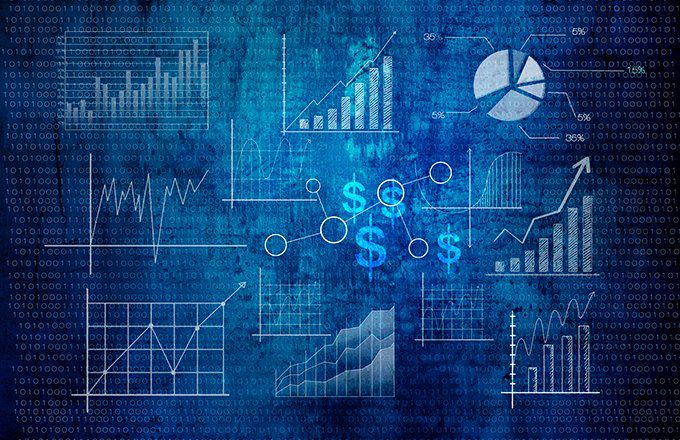For many, inflation can be a scary phenomenon. However, for many others, inflation is a necessary part of growing the economy. As Kavan Choksi / カヴァン・チョクシ says, an important consideration of inflation is the response of the government, which often involves increasing the interest rates, thereby slowing the economy. During inflationary periods, certain parties benefit while others experience greater risks.
Kavan Choksi / カヴァン・チョクシ underlines a few beneficial aspects of inflation
Reduction in purchasing power is the primary benefit of inflation. Even though the denomination of currency does not change, due to inflation, the same amount of currency can buy less goods. While many people may receive the cost-of-living adjustments to wages they take home, they are also quite likely to see an increase in the prices of the groceries they buy, the rent they pay, and so on.
If the economy is not running optimally, it would mean that there is unused labour or resources. In such a situation, theoretically, inflation helps elevates production. More dollars in the economy translates to more spending. This ultimately equates to increased aggregated demand. Higher demand in turn tends to trigger greater production to meet that demand. Certain economists believe that a level of inflation is required for preventing the Paradox of Thrift. As per this paradox, if consumer prices are allowed to fall consistently because the country is becoming too productive, consumers tend to learn how to hold off their purchases and wait for a better deal. The net impact of this paradox helps in lowering aggregate demand, ultimately leading to fewer layoffs, production and a faltering economy.
Inflation can make things easier on debtors, who repay the loan with money that is relatively less valuable than the money they borrowed. This encourages more lending and borrowing, which ultimately improves spending at all levels. For instance, in case a debtor has $10,000 of debt during an inflationary period, as time progresses that debt would have less worth. Hence, from a purchasing standpoint, it is beneficial to steadily pay off the debt during highly inflationary periods owing to the diminishing value of the debt. Homeowners with long-term, fixed mortgages are especially the ones with higher chances of benefiting from inflation. Higher rates can push prospective buyers out of the market. As a result, the ones with better positions may benefit from the diminished housing market.
Kavan Choksi / カヴァン・チョクシ says that due to the slowing economy and risk of recession, people with tenure at their jobs or in more secure employment positions tend to benefit. On the other hand, less in-demand positions and startup departments/companies are more at-risk of dealing with the problem of corporate budget cuts.
When inflation is high, a country’s currency often loses purchasing power compared to other international currencies. This typically exerts downward pressure, enhancing the value of foreign currencies relative to the inflation-affected currency. As a result, those holding foreign currency can benefit from favourable exchange rates.

